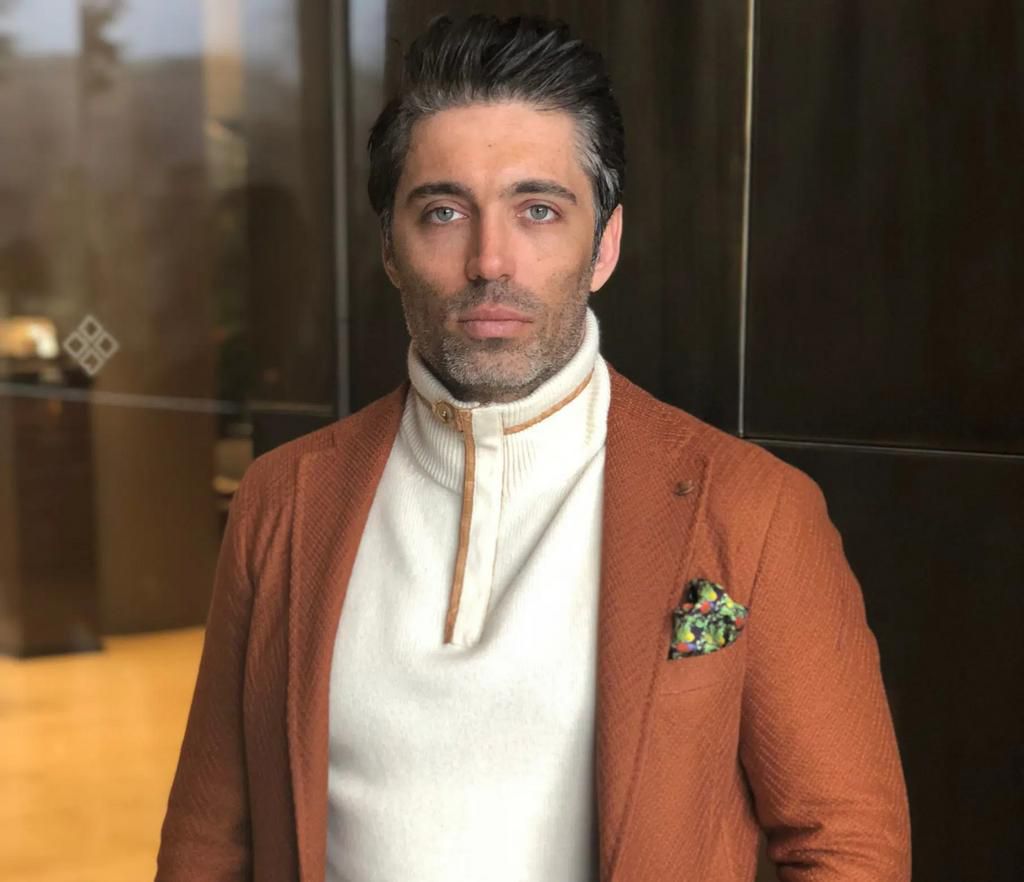Royal Innovative: There is no net zero without nature
)
Research shows that the world can expect 3 to 7% less yield for each degree rise in temperature. Boris Volfman, Founder of Royal Innovative said, “Commercial farming can offer high returns as long as it is done with knowledge, technology and innovation. We can advance local farming into a larger-scale enterprise.”
Farms cover close to 40% of the planet’s land. After millennia of agricultural expansion, the world has passed peak agricultural land. More food is produced than ever before, but the amount of land we use is decreasing day by day.
“It is inevitable that we need to feed the world’s growing population. Thus we need to do better agriculture, benefit from technology and innovation, grow products suitable for the conditions of every climate and deliver them to the geographies that need them under the right conditions. This requires new policies,” said Boris Volfman, Founder of Royal Innovative.
We need to transform the food system
“We need efficient agricultural policies to sustainably meet the increasing demand for safe and nutritious food. While increasing demand offers significant opportunities for the agricultural sector, challenges such as increasing productivity, improving environmental sustainability, including reducing greenhouse gas emissions, and increasing adaptation and resilience in the face of climate change need to be addressed as government policies,” he commented.
Noting that government support for agriculture has increased in recent years in response to global crises, “However these are mostly lifesavers. We need to address long-term goals like climate change and transform the food system.”
“There are major enablers that are required to move the needed food system transformation. Consistent and supportive policy frameworks are needed. We should scale game-changing innovation across the globe. Last but not the least, we should build strategic, collaborative partnerships among farmers, companies, governments and NGOs,” Volfman added.
Moving towards a new agricultural model
“In the beginning of the 20th century, the British Empire had learned that it could basically treat the whole planet as a resource for its population. For instance, it acquired cocoa from West Africa, meat from Argentina, and sugar from the Caribbean. Suddenly food became a global commodity, subject to economies of scale. However, we need more sustainable approaches for a healthier future, taking into account climate change,” he stated.

“There is no net zero without nature. At COP28, the world - fortunately - recognised the connections between climate and nature, nature and economic growth, and climate, nature and food security. Climate change is impacting how our food is grown. Every degree Celsius of warming could reduce the yields of staple crops by between 3.1 and 7.4%. It’s more important than ever that we address the current food systems crisis and move towards a new agricultural model, while also helping the global community support its economies and reach net zero and biodiversity targets. This new food system as well as the food supply chain should have regeneration at its core, ensuring that we’re giving more to nature than we’re taking from it,” Volfman stated.
We can advance local farming into a larger-scale enterprise
Telling that they mediate the delivery of agricultural products from all over the world, Royal Innovative Founder Boris Volfman, concluded:
“We bring advanced technology, skills and knowledge to the farmers all around the world. Our goal is to advance local farming into a larger-scale enterprise. We have a network of individuals with extensive knowledge in agro-industry, management, economics, and logistics. Commercial farming can offer high returns as long as it is done with knowledge, technology and out of the box thinking. We are paying close attention to the details from micro-management, high-quality seeds, human resources to economic structures.”
---
#FeatureByRoyal Innovative
)
)
)
)
)
)
)